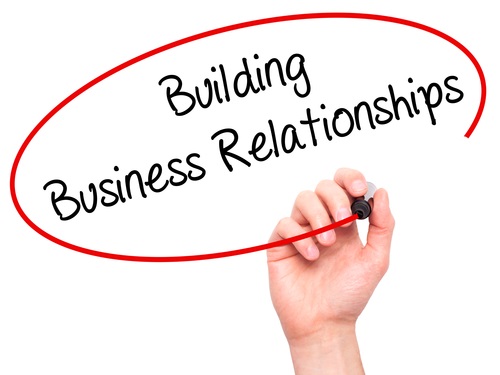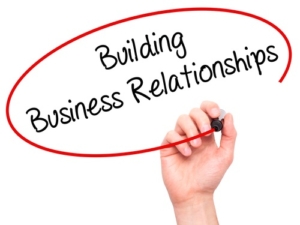 There is a direct correlation between happy employees and happy customers. Employers are starting to recognize that keeping their employees happy and fulfilled at work means getting a little creative.
There is a direct correlation between happy employees and happy customers. Employers are starting to recognize that keeping their employees happy and fulfilled at work means getting a little creative.
Employee Happiness versus Profit
Life happens to everyone and like it or not, employees can’t always leave their personal life at the door. The well-being and happiness of employees can affect their productivity, and therefore their overall enthusiasm regarding their work. What training have you done to help employees through difficult times? Does your company culture reflect that value? We have a relationship with a firm that offers this service.
Engaged employees view work as more than just a paycheck and benefits. They are the employees who will go the extra mile without being asked but also ensures their work is done well. Did you know that according to a study done by the Department of Economics at the University of Warwick that companies with happy employees outperform the competition by 20%? Why do you think the Pittsburgh Business Times hosts an annual “Best Places to Work” Award each year? The winners of these companies have figured it out and the top talent want to work for them.
Company culture plays a pivotal role in creating compassion in the workplace. Employees – particularly the millennials, want to feel a part of something more. They also want to be involved with making a difference.
So what are some of the tried and true ways to accomplish this task? Here are a few ideas:
- Flexible work hours based on work getting done: adding some kind of flexibility allows employees to work at the pace and time that will aid in productivity. We know some people are more productive in the morning, while others are more energized midday. This might not be possible for all companies.
- Employee Training providing an opportunity for additional learning either in person or online is a way for employees to expand their skills, do their jobs better and more efficiently, as well as help make a revenue impact on the business. Create a paradigm shift in your workplace by offering employees the opportunity to participate in certificate programs, day-long trainings, seminars, and bring in guest speakers to provide continued learning for your workers.
- Popular Engagement Tools include but are not limited to – allowing pets in the office, (within reason), providing full or prorated gym memberships, and free food in the office.
The competition for top talent is fierce. Are you willing to shift to creative ways to engage employees? A company can stand out from their competition by utilizing their greatest asset: their employees. Are you willing to invest in your employees? It has been made clear that satisfied employees create satisfied customers, who then spend more money with your company and spread great word-of-mouth reviews. Money can’t necessarily buy you happiness, but happiness seems to be the link to monetary growth.
About the author: Autumn Edmiston is the CEO and owner of the Edmiston Group. The Edmiston Group is a multifaceted Pittsburgh based marketing consulting firm providing senior level marketing management services to businesses and non-profit organizations on a short or long-term basis. Core areas of service are business development, marketing, strategic planning and public relations. The Edmiston Group has consistently delivered and implemented real-world, proven business marketing ideas and strategies for business.




